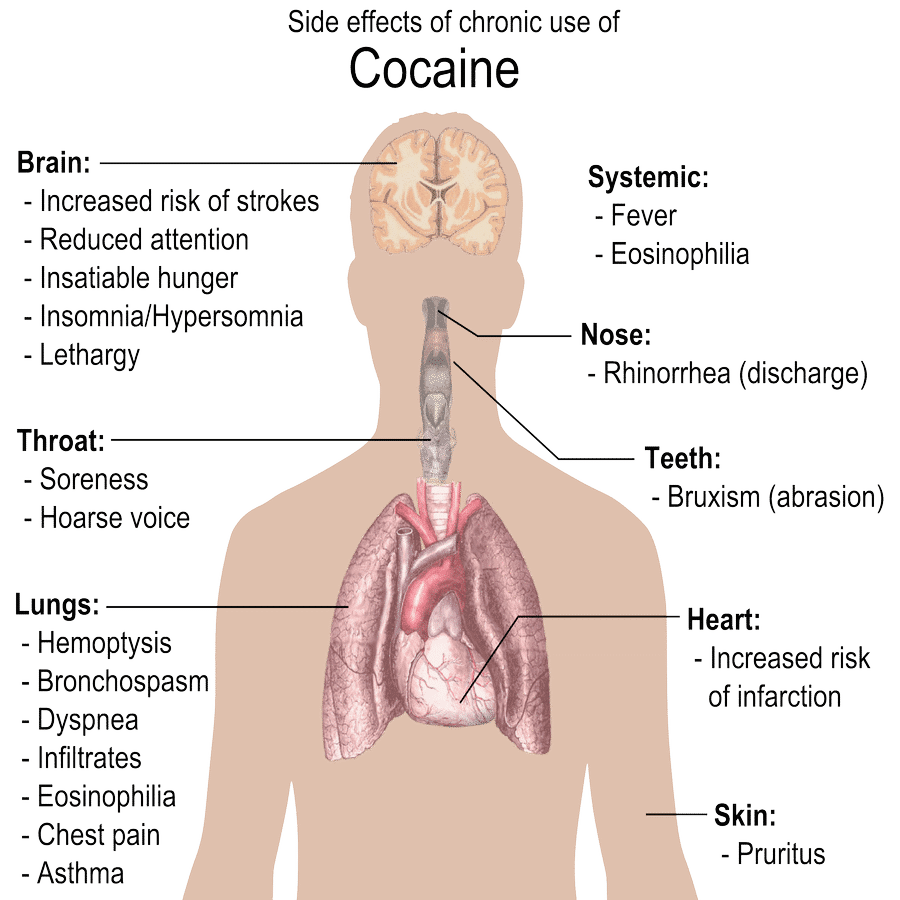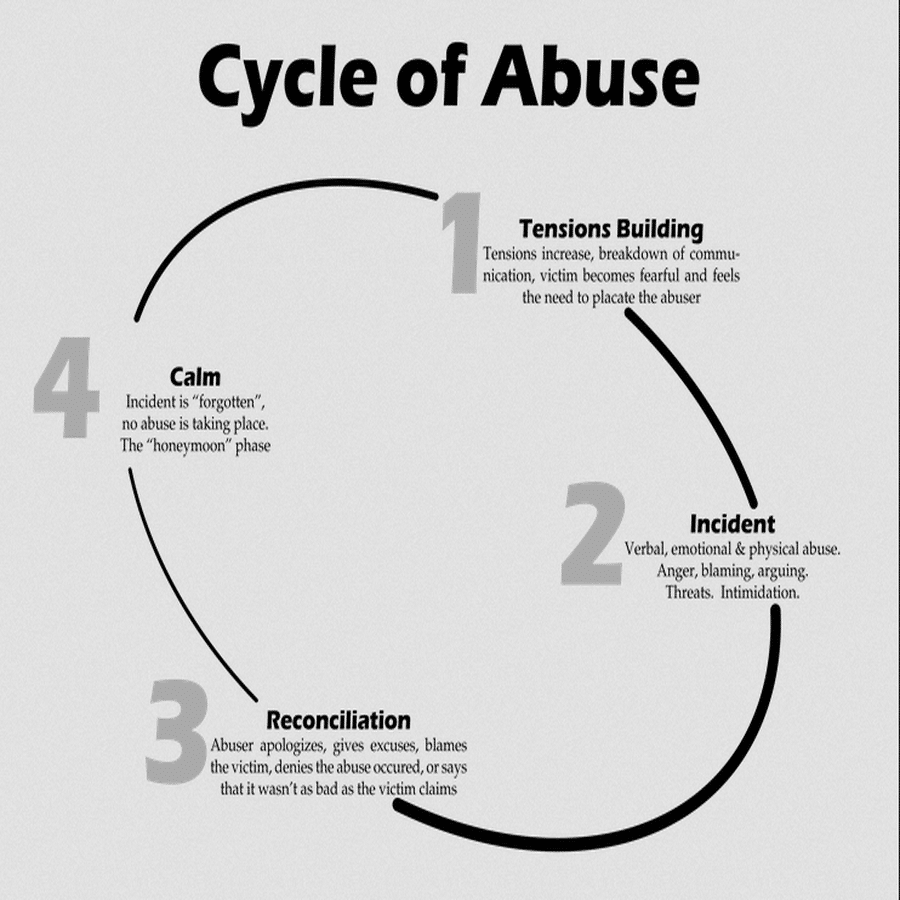Using Clinical Hypnotherapy To Combat Narcotic and Alcohol Abuse


Using clinical hypnotherapy as a therapy to treat an overreliance on drugs and alcoholism is growing in trustworthiness within the traditional psychological and medical community. When accomplished under the careful eye of a highly qualified practitioner, this treatment can help those who have already come through the initial stages of recovery with regards to coping with detrimental yearnings and fend off regression.
Addiction is a constantly relapsing disorder that has been defined by (1) compulsion to seek and also take the drug, (2) loss of control in restricting intake, and also (3) introduction of an unfavorable emotion (eg, dysphoria, anxiety, irritation) showing a withdrawal syndrome when accessibility to the medicine is stopped. Addiction has been conceptualized as a problem that includes elements of both impulsivity as well as compulsivity that produce a composite addiction pattern made up of 3 stages: ‘binge/intoxication’, ‘withdrawal/negative affect’, as well as ‘preoccupation/anticipation’ (desire). Human imaging studies have exposed distinct circuits that mediate the three phases of the addiction pattern with crucial aspects of the ventral tegmental suburb and also ventral striatum as a focal issue for the binge/intoxication stage, a vital function for the extensive amygdala in the withdrawal/negative affect stage, as well as a vital part in the preoccupation/anticipation stage for a widely dispersed network entailing the orbitofrontal cortex in disrupted inhibitory control. The shift to addiction involves neuroplasticity in all of these frameworks that could start with changes in the mesolimbic dopamine system.
The only way that clinical hypnosis can be effective as a treatment for dependency is if the person being hypnotized actually would like to quit their destructive behaviors. The treatment does not alter minds or generate new overviews. As an alternative, it aids to refining a preexisting attitude.
In a 2008 study conducted by being Israel Medical Association, ten percent of individuals on opiates in methadone maintenance therapy continued using heroin in concert with other street drugs they can get their hands on. They comprised of one of the most challenging to treat population in the therapy centers as they always offered adverse actions to the traditional research. Medical hypnosis is a tried and tested effective clinical intervention to alleviate pain, in addition to decreasing anxiousness. Among its benefits is the capacity to bypass the critical conscious drug user’s hesitation to the therapy procedure.

The team studied hypnosis treatment for ten methadone clients who continued substance abuse, in two 5 person groups including ten weekly sessions. Urine drug tests were examined at three separate times, just before treatment, half a year after initial hypnosis sessions, and two years follow-up after that. Follow-up also was composed of a semi-structured meeting right after therapy to evaluate changes in practical and emotional standing.
One client did not complete treatment because of a major procedure, while the rest of the group finished treatment. All clients stopped the usage of any type of street medicines and those phenomenal results remained secure for six months after the end of treatment. Two years after the end of the intervention, over seventy-five percent continued to avoid the use of heroin, however, two of the participants went back to partial use.
In a 2004 study, eighteen individuals willingly sought treatment at a private facility. The mean age was thirty-seven years. Of the eighteen clients, fifteen were being monitored for alcohol consumption; two clients were being viewed for an overreliance on narcotics, while one client had a cannabis obsession.
Gorski and Miller (1986) name six signs and symptoms of Post-Acute Withdrawal (PAW) that could occur complying with acute drawback from an addicting medicine. These symptoms could repeat for years after an individual has effectively withdrawn from a chemical reliance. The six signs are (1) failure to think for himself clearly; (2) memory issues ;(3) emotional overreactions; (4) sleep disruptions; (5) bodily coordination problems; as well as (6) anxiety sensitivity. There have actually been many records of utilizing hypnosis to deal with each of these PAW signs and symptoms, a 19-week study that showed hypnosis made reduced anxiety. The use of hypnosis with chemical dependency proceeds to be assumed of as a different treatment when it is, perhaps, one of the better choices offered.
The program contained sixty-minute sessions, five days a week, where up to ten minutes were commonly used to evaluate progression as well as determining the next step. The next forty-five minutes had the participants partaking in a hypnotic trance. This schedule enabled up to twenty hypnotic trance inductions.
Of the eighteen clients who began the 20-session program, and the majority of attending aftercare sessions, twelve stayed off narcotics. Two clients went back to modest drinking. Two customers relapsed to abusive drinking, and also among those customers were charged with a 3rd driving-under-the-influence citation. The program has actually produced a seventy-seven percent success rate at the one-year follow-up mark.
In a separate study the same year with the American Journal of Clinical Hypnosis, they reviewed the performance of a self-hypnosis procedure with chronic drug and alcohol patients in enhancing self-confidence, avoiding relapse versus a control, a transtheoretical cognitive-behavioral, and an anxiety administration placebo group. Individuals were two hundred sixty-one participants who confessed to Substance Abuse Residential Rehabilitation Treatment Programs in the past. Participants were evaluated pre- and post-intervention at the7-week follow-up timeframe.
Eighty-seven percent of those spoken to stated abstinence. At follow-up, the individuals in the 3 treatment examinations were asked about how they practiced the assistance products provided them. Engaging in minimal-practicing participants were compared versus the control team for each of the three treatments by means of Multivariate Analysis of Variance. Results disclosed a considerable group interaction for the hypnosis treatment, with individuals which played the self-hypnosis audiotapes several times a week at seven-week follow-up stating the highest degree of self-confidence and serenity, in comparison to the minimal-practice of the control groups.
In order for hypnotherapy to offer a significant role in conquering dependency, it is crucial that the person getting therapy be clear-headed. Deep concentration is the keystone of hypnotherapy, and the toxins and also dulling results of liquor limit the performance of a hypnotic trance. Along these lines, hypnosis offers a higher duty in protecting against relapse compared to going cold turkey as a primary method to kicking a destructive habit.
Traditionally, treatment methods for obsessions include extreme daily sessions. Combining the intensive treatment of day-to-day sessions with hypnosis appears to reinforce therapy for many individuals that are dealing with dependencies. Amongst the benefits of hypnosis is that it allows the client to far better imprint, modulate, as well as integrate brand-new patterns of actions. The deep relaxation normally deals with the recuperating person’s need to manage tension as well as manage food cravings.
Addiction includes spiritual, psychological, social, and also organic components. Hypnosis is a treatment modality that could attend to all these concerns. Hypnosis has typically been taken a look at as a quick deal with as well as if it does not function promptly, confidence in it is lost. Hypnosis in some cases produces quite rapid changes. Nonetheless, when utilized over a longer period of time in an organized process, the results are much longer.


